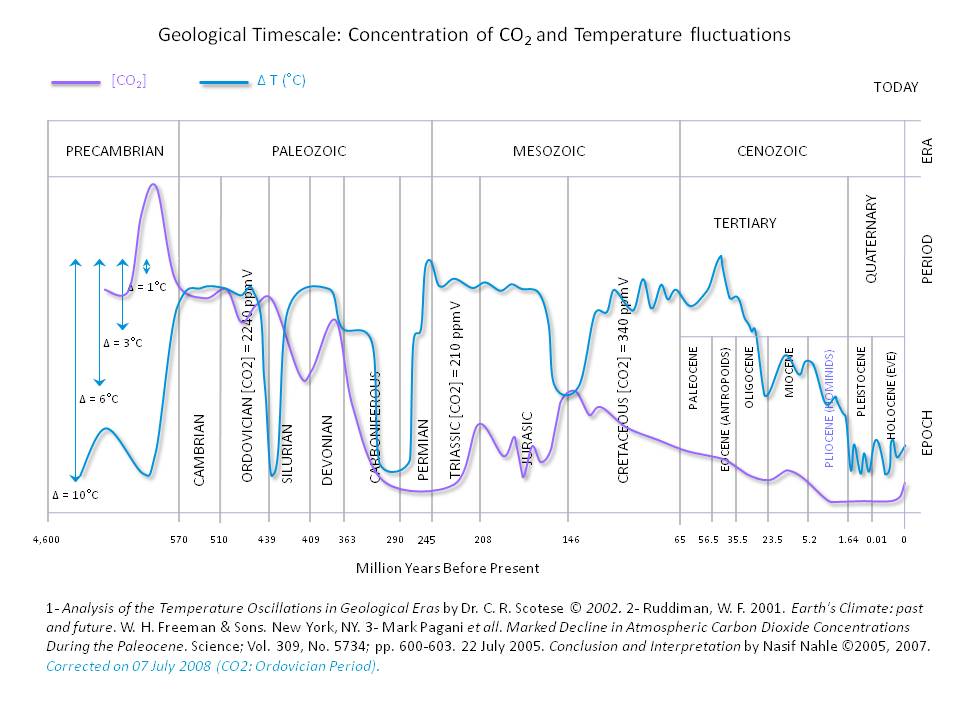I recently stumbled across three excellent lectures by Thomas P. Gallagher from the University of Calgary about the earths climate and its history. The lectures start from the ancient past to modern times and analyze the issues with current climate models. It’s the most dense and data packed compilation of our current climate understanding that I’ve found so far, so I’d like to share and recommend it to anyone just remotly interested in our climate. And I’d like to especially recommend it to everyone, who is worried about climate change. It might improve your sleep!
With over 48 years of active Geoscience experience in the minerals, petroleum and venture businesses both internationally and in Canada, Tom Gallagher has onshore and offshore experience as a researcher and explorationist in large public companies and as a member of various private exploration, research and investment corporations. Tom has created and served on the boards of educational foundations and academic research organizations, in Canada. He has a strong interest and contemporary knowledge of the geochronology of earth systems and geologic history.
Paleoclimatology lectures
Gallagher: „Knowing that climate has and is continuing to change, the challenge before us is to correctly interpret what causes climate to change. In geoscience it is important to read the earth evidence and understand the major processes that took place as we take a walk through time in the Atmosphere, Biosphere, Lithosphere, Hydrosphere and Cryosphere. The complexity of earth systems and the interplay between them is enormous. There is significant opportunity for uncertainty in interpretation. […]
Today it is argued that the rapid population increase in homo sapiens in the biosphere is resulting in a climate change aberration. If the “science is settled” there must be a clear explanation and understanding of how and why that does not neglect all the largest energy drivers in the system. We will explore some of the current assertions by returning to our understanding of earth processes, by an examination of preserved evidence in the geologic record. In this context, perhaps we will be able to address the issue of climate change uncertainty and anxiety and map a clearer path forward with a more complete set of tools.”
